How Often Should You Visit a Dentist?

Importance of Regular Dental Visits
Why Regular Dental Visits Are Vital
Regular dental visits play a crucial role in maintaining oral health. They help in the early detection of dental issues before they escalate into more significant problems. During these checkups, dentists can identify cavities, gum disease, and other oral health concerns that may not be visible to the untrained eye.

Benefit of Regular Dental VisitsDescriptionEarly Detection of ProblemsAllows for timely intervention to prevent further issues.Professional CleaningsRemoves plaque and tartar buildup that regular brushing cannot eliminate.Education on Oral HygieneProvides valuable tips for maintaining optimal oral health at home.
By attending regular appointments, individuals can take proactive steps toward preserving their teeth and gums. For more information on the importance of consistent visits, refer to our article on importance of regular dental checkups.
The Impact of Skipping Dental Checkups
Neglecting to visit the dentist regularly can lead to serious consequences. Many individuals may underestimate the risks associated with infrequent checkups, which can result in increased dental issues and complications.
Consequence of Skipping Dental VisitsDescriptionCavitiesUndetected cavities can worsen, leading to medical procedures like fillings or root canals.Gum DiseaseLack of professional cleaning can lead to the onset of gum disease, which may require more intensive treatment.Costlier TreatmentsDelayed visits often result in more expensive and extensive dental work in the future.
By understanding the impact of skipping dental checkups, individuals can better appreciate the importance of regular visits. To learn more about how often one should visit a dentist, view our article addressing the question, "how often should you visit a dentist?".
Guidelines for Dental Visit Frequency
Establishing a regular dental visit schedule is essential for maintaining optimal oral health. This section discusses general recommendations for adults, factors that may influence the required frequency of visits, and how tailored visits can address specific dental health needs.
General Recommendations for Adults
The general guideline for adults is to visit the dentist at least twice a year. This frequency allows for regular checkups and professional cleanings, helping to detect potential issues early on.
Visit FrequencyRecommendationTwice a YearStandard for most adultsOnce a YearMay be adequate for adults with excellent oral healthMore FrequentRecommended for those with specific dental conditions or risks
Regular visits aid in the prevention of common dental problems such as cavities and gum disease. The importance of regular dental checkups cannot be overstated, as they form the foundation of a proactive dental care routine.
Factors Influencing Visit Frequency
Several factors can influence how often an individual should visit the dentist. These include:
FactorInfluence on Visit FrequencyGood Oral HealthEvery 6-12 monthsActive Dental Issues3-4 times a yearAging PopulationMore frequent checks as needed
Understanding these factors can help individuals assess their own dental health needs and schedule visits accordingly.
Tailored Visits for Specific Dental Health Needs
Different dental needs require personalized approaches. Tailored visits could address specific issues such as:
By tailoring dental visits based on individual needs, it can significantly enhance oral health and prevention strategies. Understanding your unique dental condition and discussing with your dentist can establish the most beneficial schedule for visits.
Benefits of Regular Dental Checkups
Regular dental visits provide a variety of important advantages that contribute to overall oral health. Two key benefits include preventive care and early detection of dental issues, as well as professional cleanings and oral health education.
Preventive Care and Early Detection
One of the most significant benefits of regular dental appointments is the emphasis on preventive care. During these visits, dental professionals perform thorough examinations to identify potential problems before they evolve into more severe issues. Preventive measures may include:
Preventive Care ProceduresDescriptionOral ExaminationsChecking for cavities, gum disease, or other oral health issues.X-raysDetecting problems not visible during a standard exam, such as impacted teeth.Fluoride TreatmentsStrengthening tooth enamel and helping prevent decay.SealantsApplying a protective coating on molars to shield against cavities.
Early detection of problems can lead to simpler and less costly treatments, ultimately improving one’s long-term dental health. For more information on this topic, refer to our article on the importance of regular dental checkups.
Professional Cleanings and Oral Health Education
In addition to preventive care, regular dental checkups typically include professional cleanings. During these cleanings, dental hygienists or dentists remove plaque and tartar buildup that regular brushing and flossing alone may miss. This process helps to reduce the risk of gum disease and cavities.
Cleaning ProcedureDescriptionScalingRemoval of plaque and tartar from tooth surfaces.PolishingSmoothing the teeth to reduce plaque buildup.Fluoride ApplicationApplication of fluoride to strengthen teeth after cleaning.
Moreover, dental visits provide an opportunity for oral health education. Dental professionals can offer personalized advice on maintaining proper oral hygiene at home and recommend products that may be beneficial. This educational component aids individuals in understanding how often they should visit the dentist and the best practices for their specific dental needs.
To learn more about how to optimize oral health, explore our articles on what to look for in a dentist near you? and tips for choosing the right family dentist near you.
What to Expect During a Dental Visit
A dental visit is essential for maintaining oral health. Individuals should understand what typically occurs during these appointments to ensure they are prepared and informed.
Routine Examination and Evaluation
During a routine dental visit, the dentist conducts a thorough examination of the teeth, gums, and mouth. This assessment helps identify any potential issues such as cavities, gum disease, or abnormalities. The dentist may utilize tools such as a mirror and probe to examine each tooth closely.
The process typically involves the following steps:
StepDescription1. Medical History ReviewThe dental team reviews the patient's health history, noting any changes since the last visit.2. Visual ExaminationThe dentist inspects the mouth for visible signs of decay, gum disease, or other issues.3. X-Rays (if necessary)X-rays may be taken to assess the health of the teeth and jawbone beneath the surface.
Necessary Dental Treatments
Depending on the findings during the examination, various necessary treatments may be recommended. Common procedures include:
TreatmentDescriptionFillingsUsed to treat cavities and restore the tooth structure.CleaningsProfessional cleanings remove plaque and tartar buildup to prevent gum disease.SealantsApplied to the chewing surfaces of back teeth to protect against decay.
The dentist may also discuss cosmetic treatments if cosmetic enhancement is a concern. For more information on available cosmetic options, explore the article on can porcelain veneers fix teeth grinding?.
Oral Hygiene Recommendations and Follow-up Plans
Following the evaluation and treatments, the dentist will provide personalized oral hygiene recommendations. These may include:
Additionally, if treatments were performed, the dentist will explain aftercare instructions to ensure healing and optimal results. The dental team will also schedule the next appointment, typically every six months, to help maintain oral health. For further insights, check the article on the importance of regular dental checkups.
Understanding what to expect during a dental visit can ease anxiety and encourage individuals to prioritize their dental health. By familiarizing themselves with these elements, patients can engage more effectively in their oral care journey.
Signs You Should See Your Dentist Sooner
While regular dental visits are crucial, there are specific situations that may require more immediate attention. Recognizing these signs can aid in maintaining optimal oral health.
Dental Pain or Discomfort
Experiencing dental pain or discomfort is one of the most common indicators that professional care is necessary. This could be a result of various issues, including cavities, tooth decay, or infections. Pain that persists should not be ignored, as it may signify a deeper problem requiring prompt treatment.
Type of PainPossible CausesSharp or sudden painTooth decay, cracked toothThrobbing painInfection, abscessSensitivityGum disease, worn enamel
Gum Bleeding or Swelling
Gum health is vital to overall oral health. If there are signs of bleeding or swelling in the gums during brushing or flossing, it may be an early warning sign of gum disease. Ignoring these symptoms can lead to more severe health issues like periodontitis.
SymptomPotential ImplicationsBleeding gumsGingivitis or periodontitisSwollen gumsInflammation, infectionReceding gumsAdvanced gum disease
Changes in Oral Health or Appearance
Any noticeable changes in oral health or appearance should prompt a visit to the dentist. This includes shifting teeth, persistent bad breath, or the sudden appearance of sores or lumps in the mouth. These changes can indicate underlying dental issues or medical conditions that need further evaluation.
Change in AppearancePossible ConcernsShifting teethOrthodontic issues, gum diseaseBad breathTooth decay, gum diseaseSores or lumpsOral infections, lesions
Understanding these signs can assist in deciding when to seek dental attention. Regular checkups remain important, as noted in our article on the importance of regular dental checkups, but noticing any of these symptoms should result in a prompt visit to the dentist to ensure dental health is maintained.
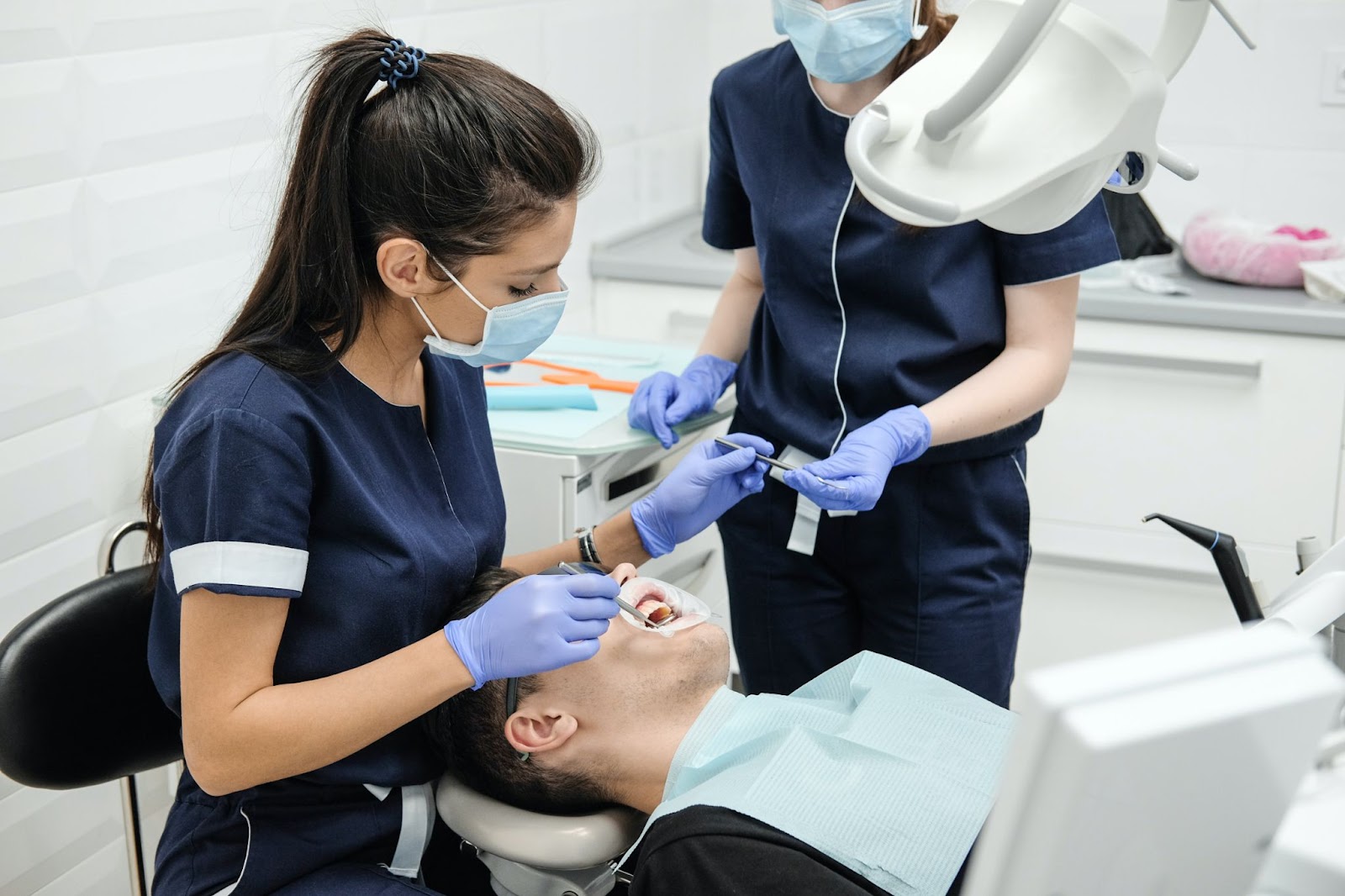



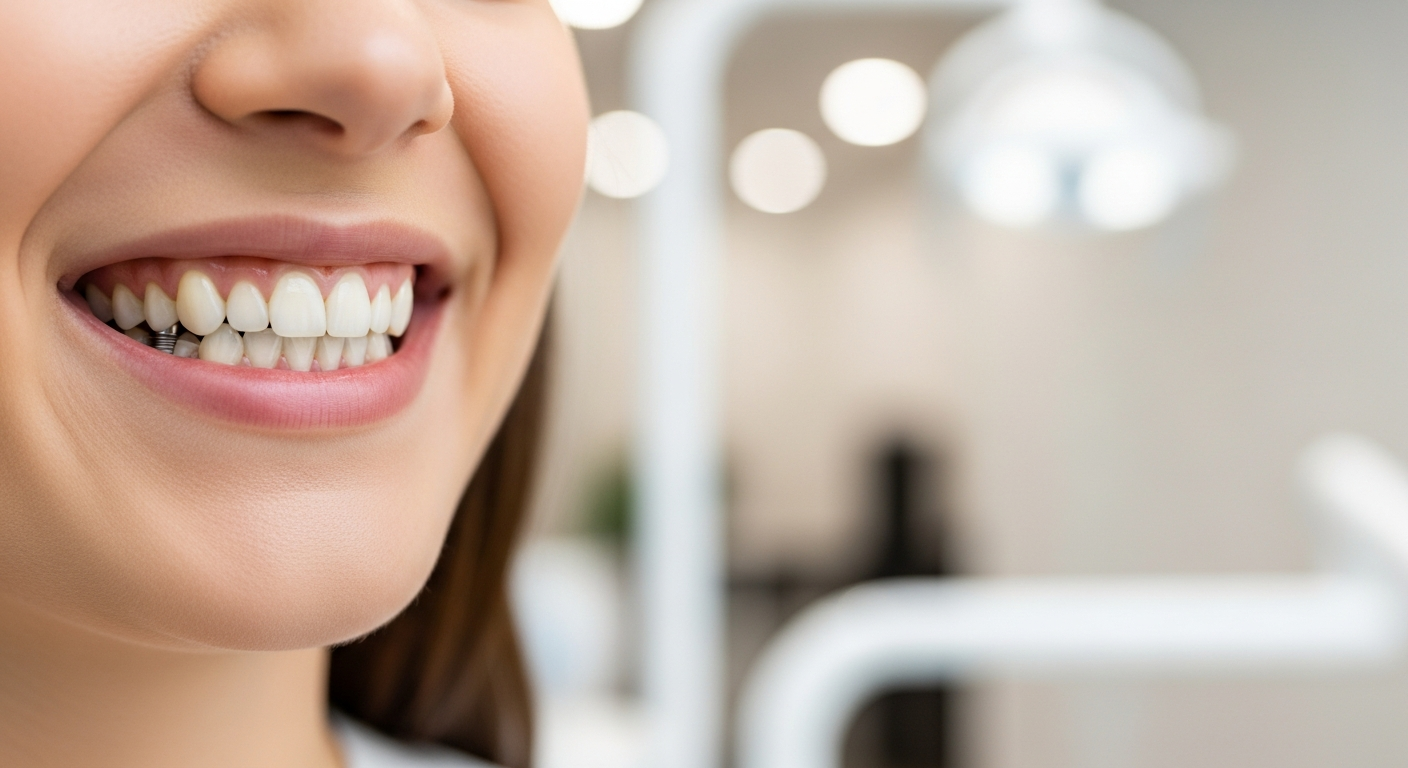
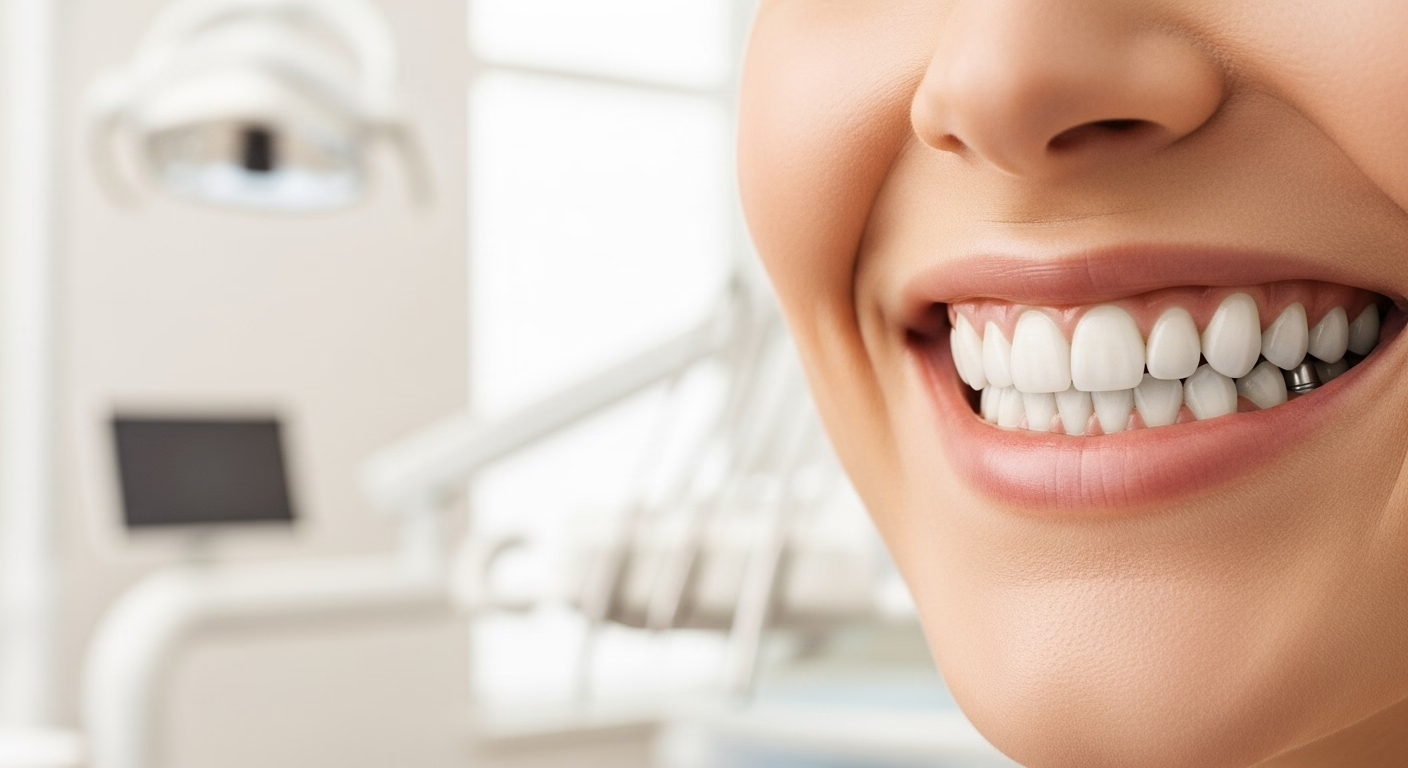
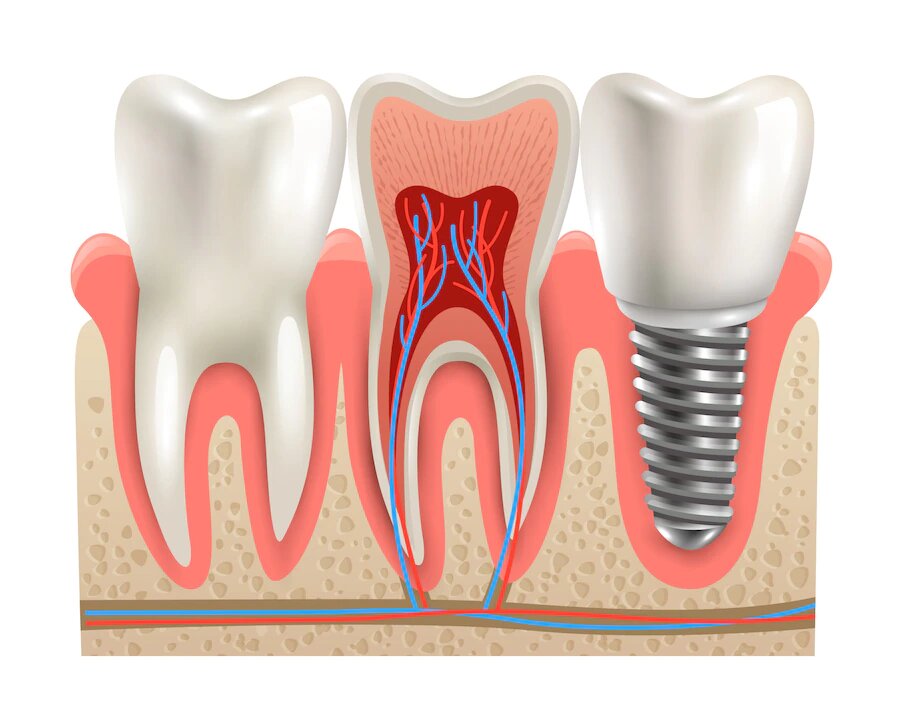
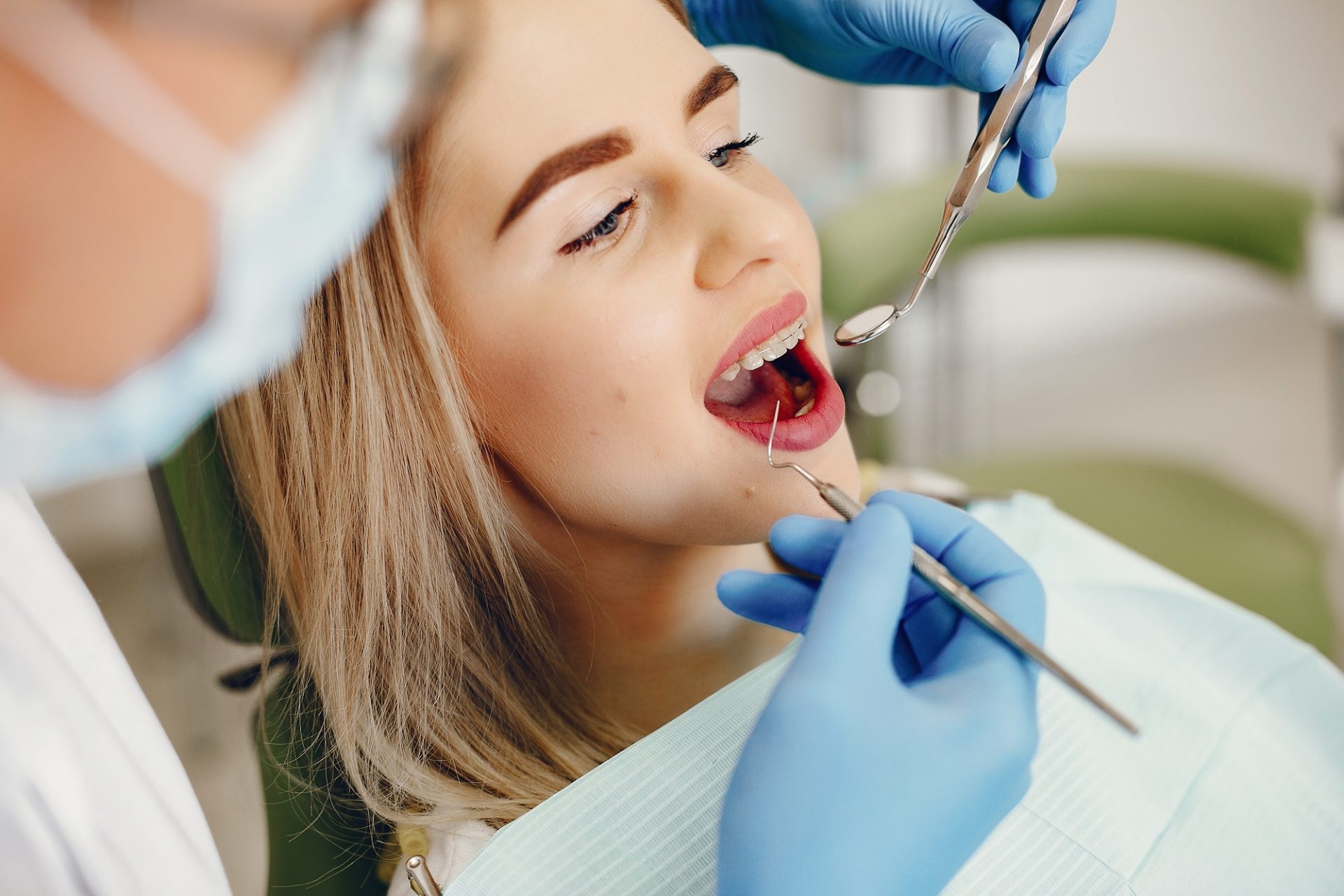







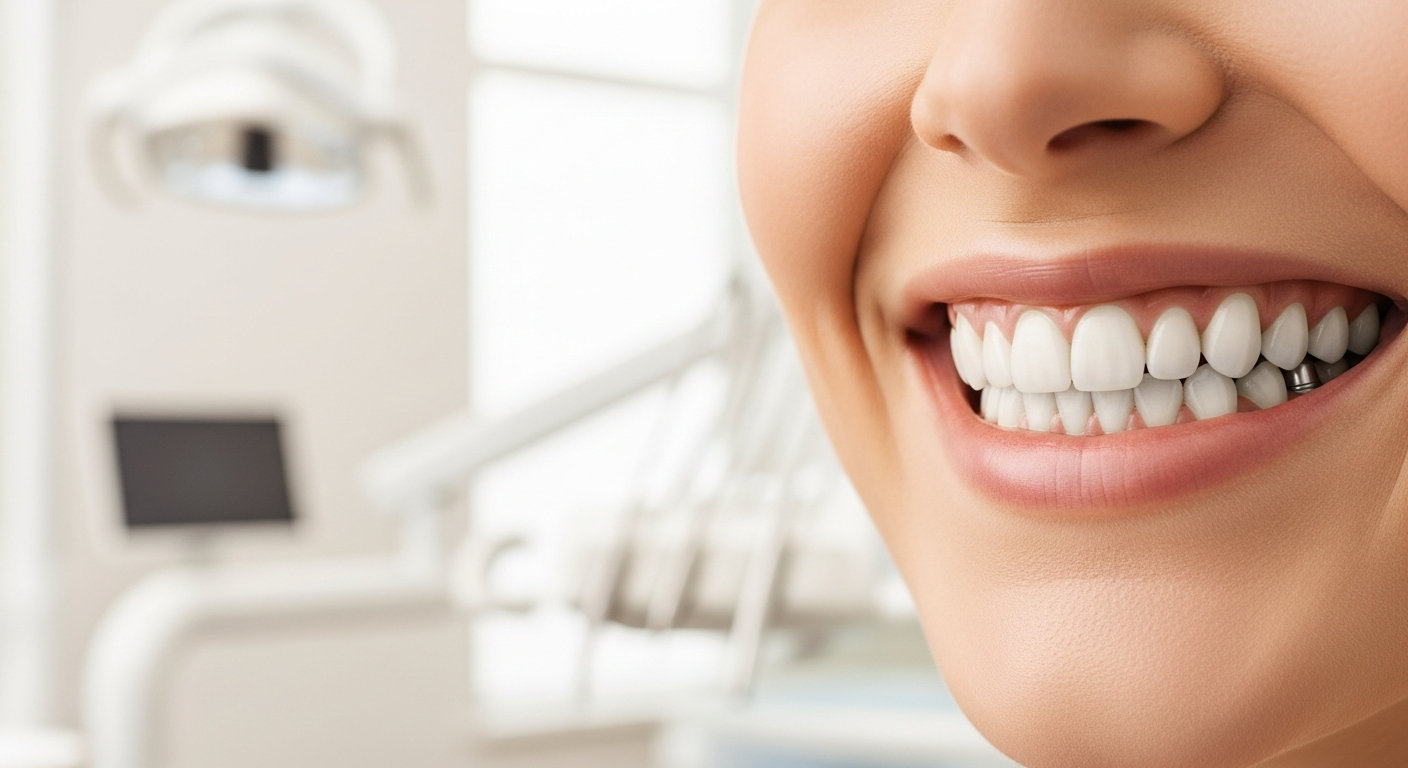

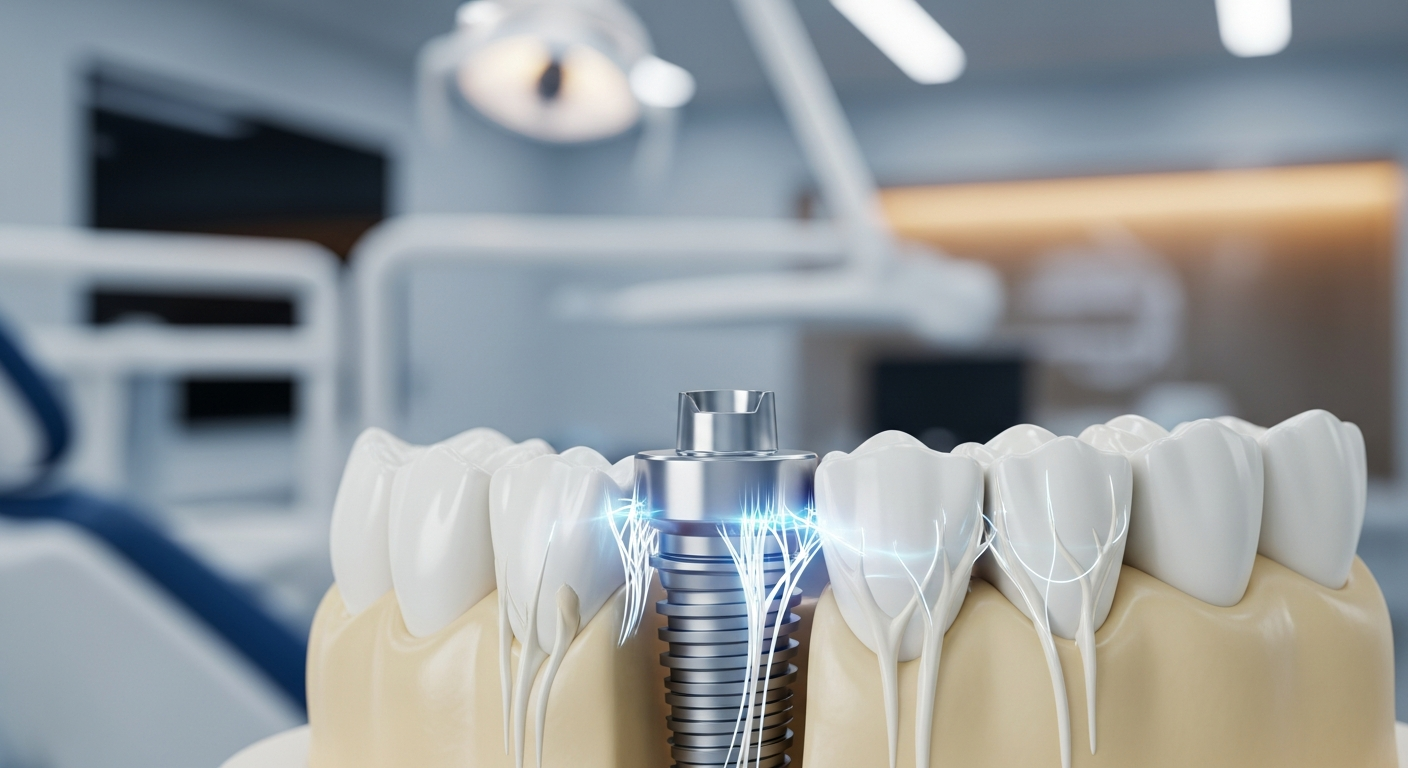
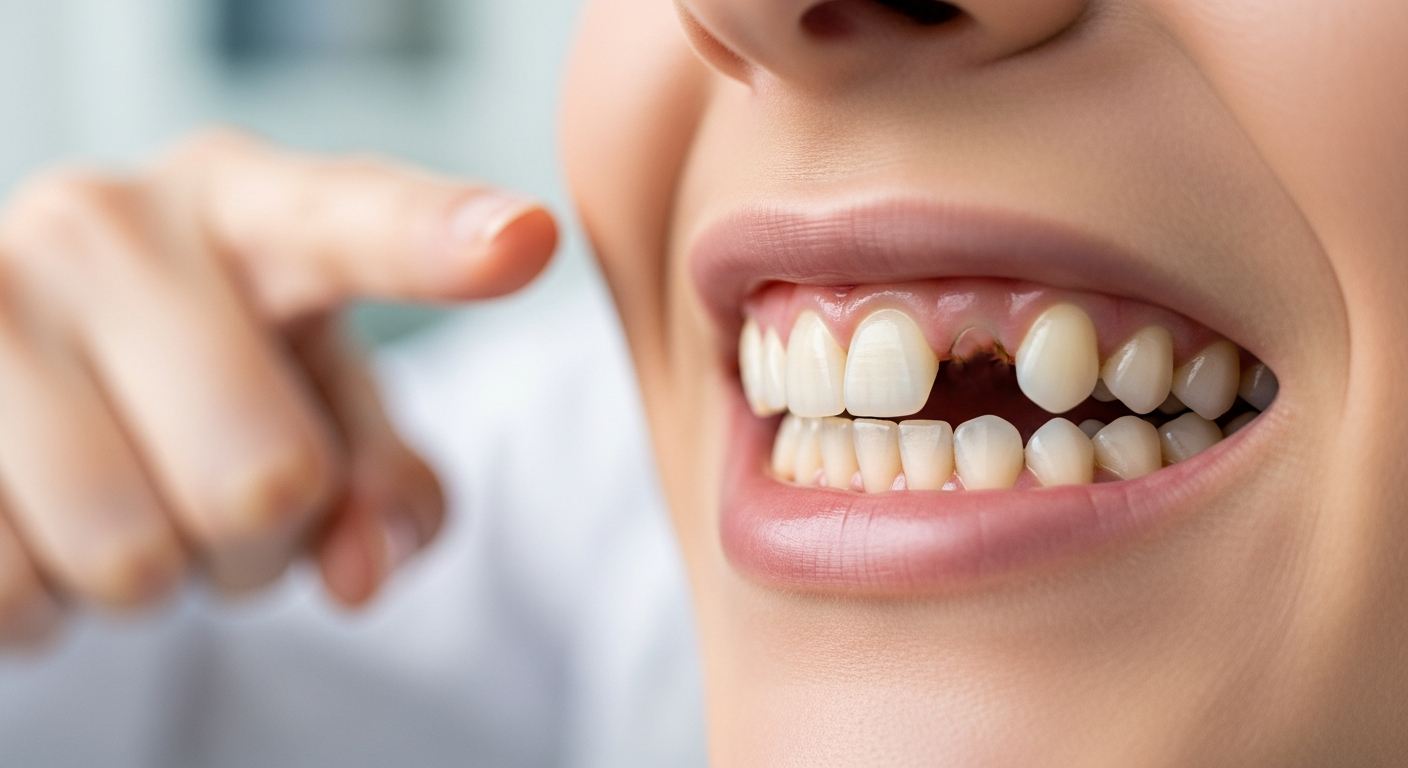




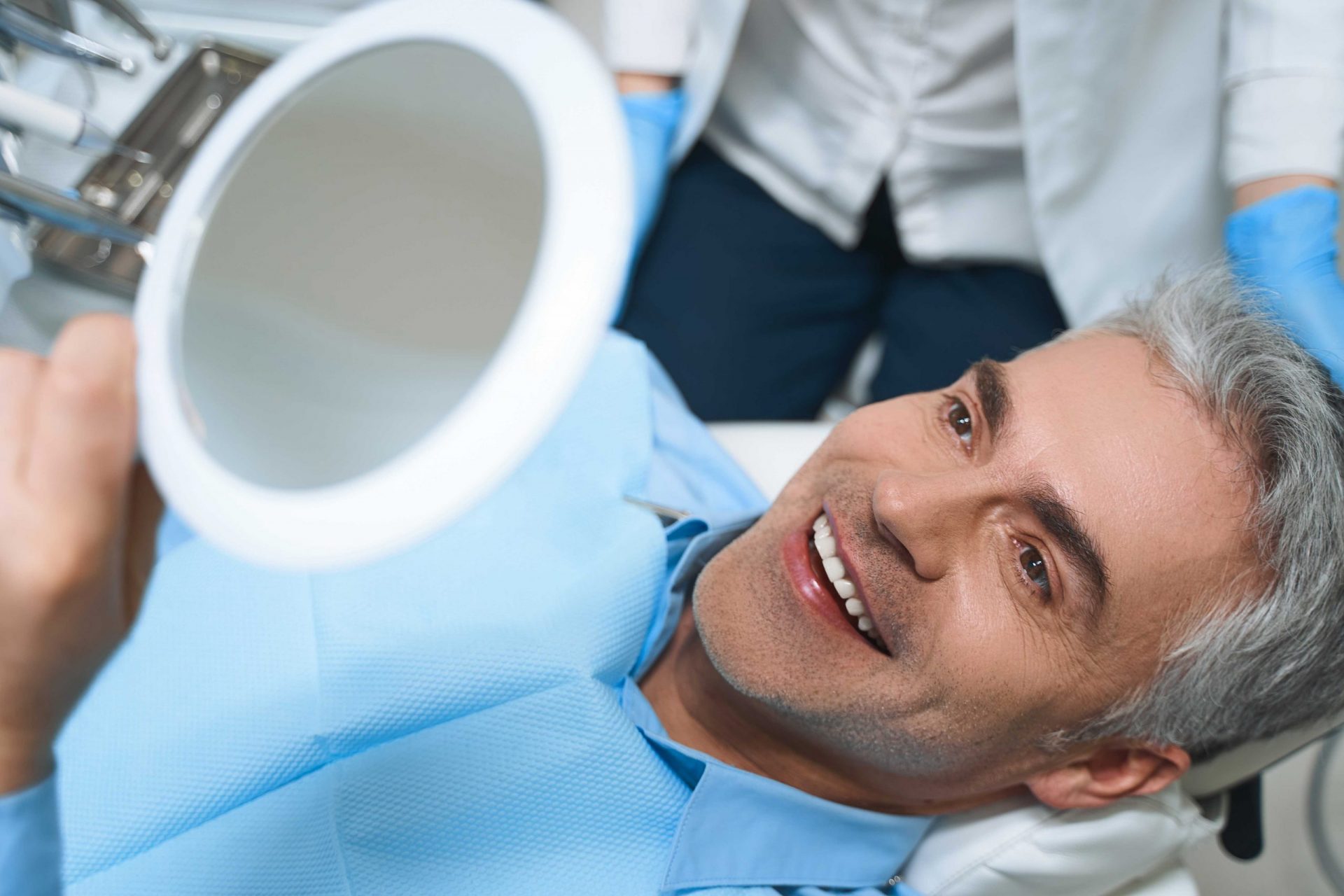
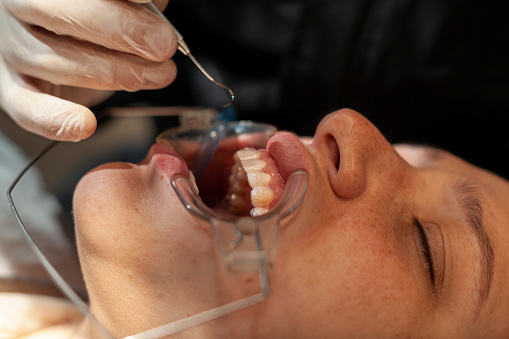

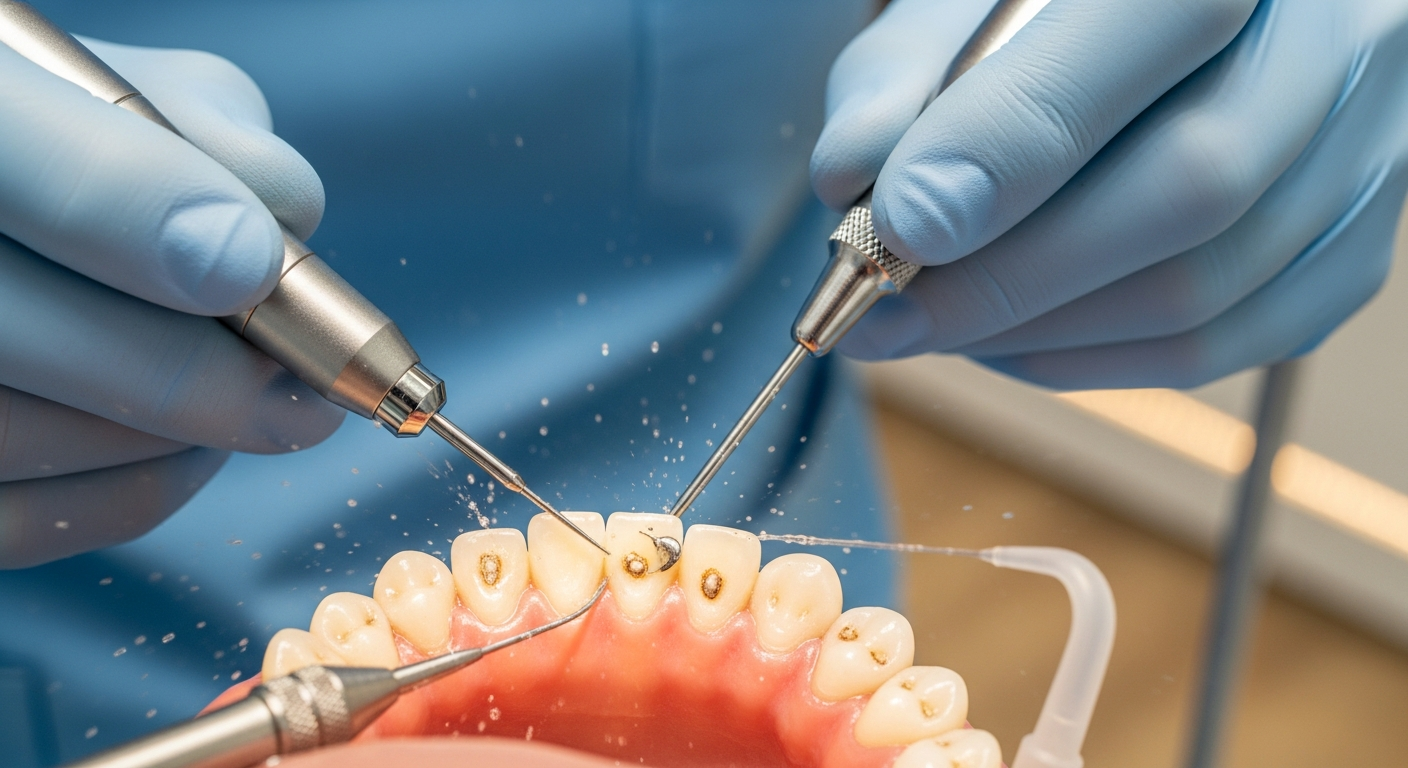

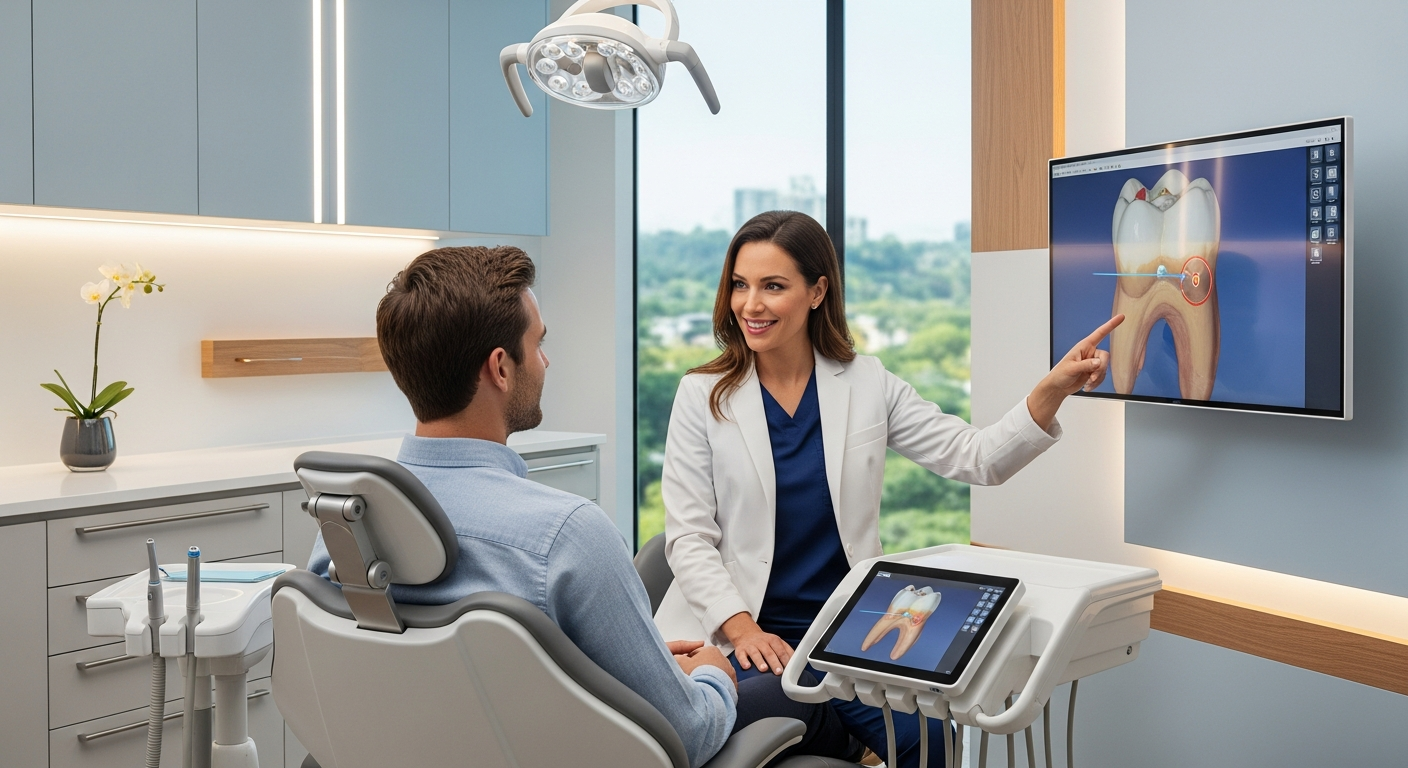
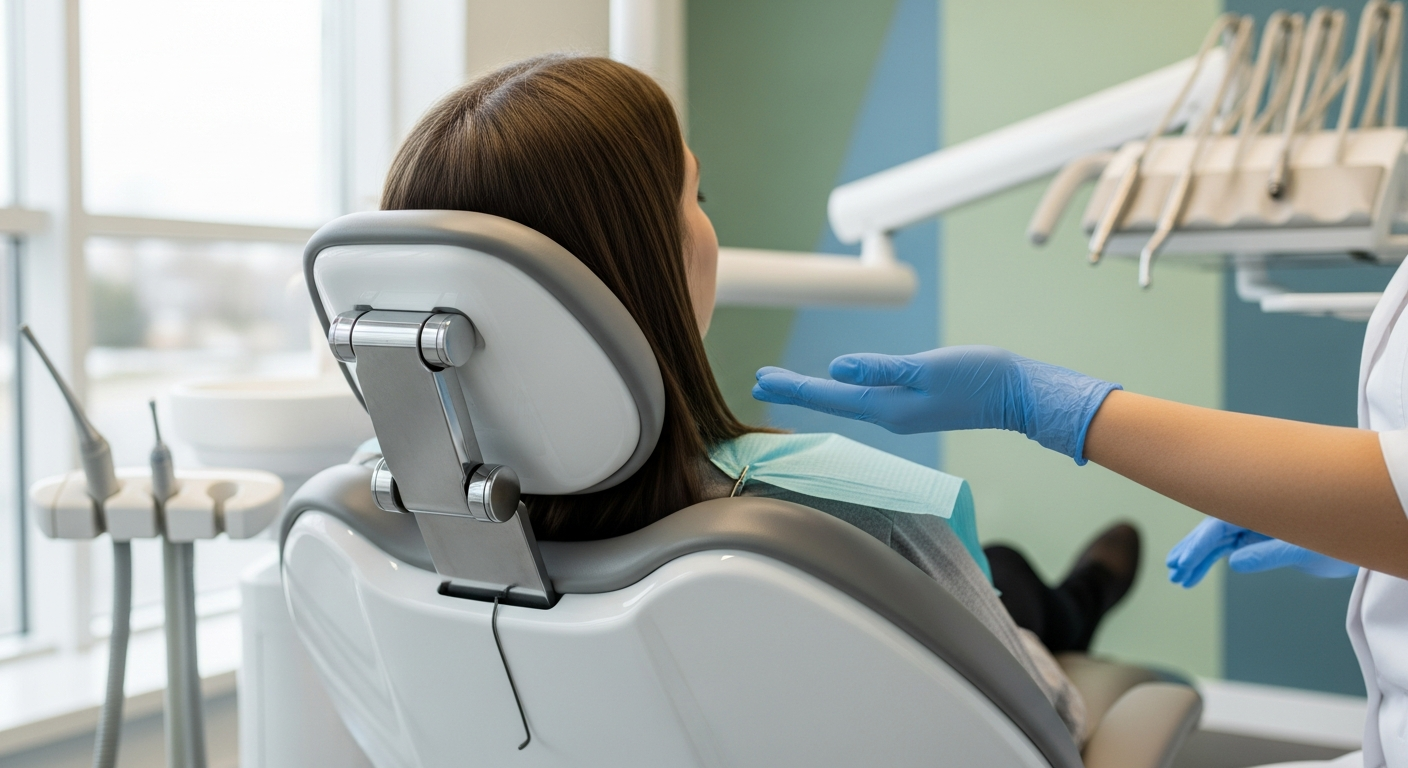

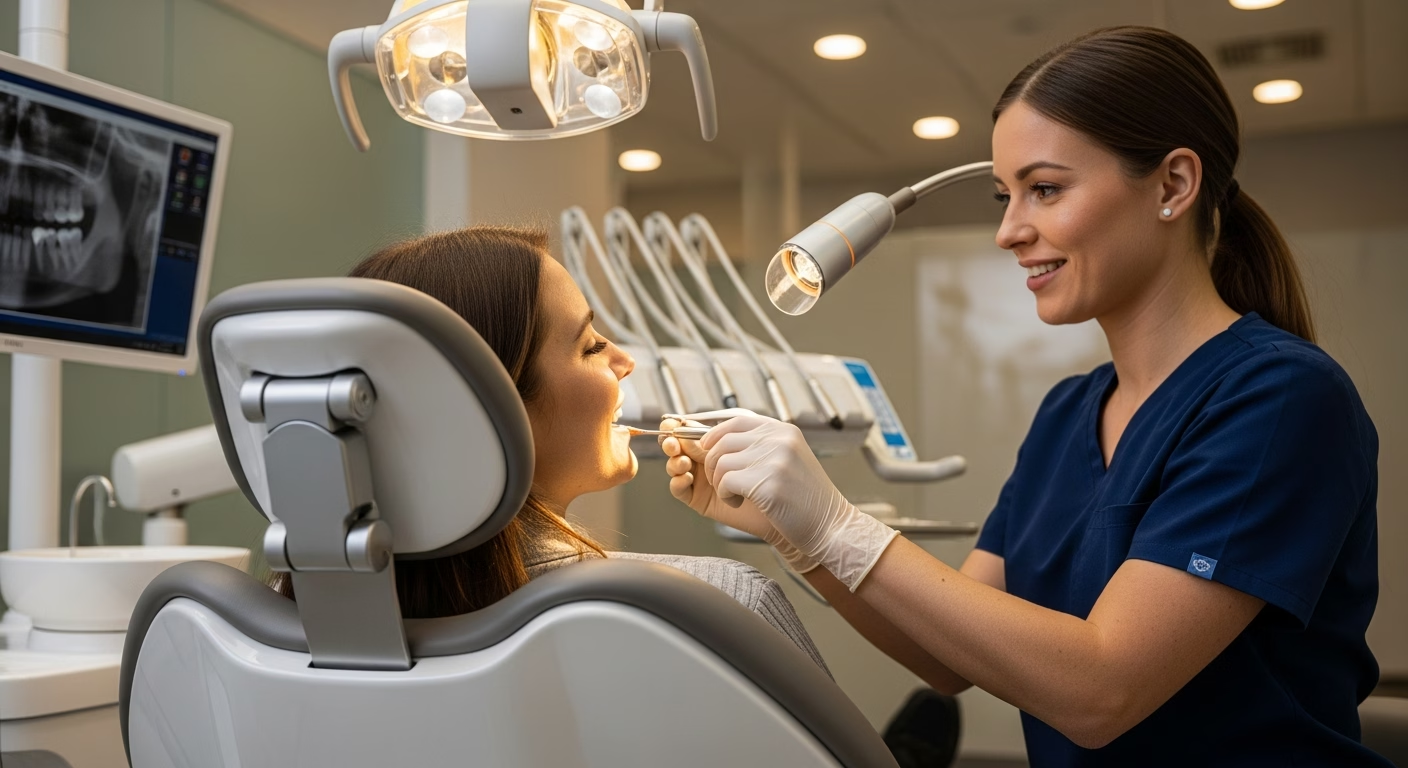
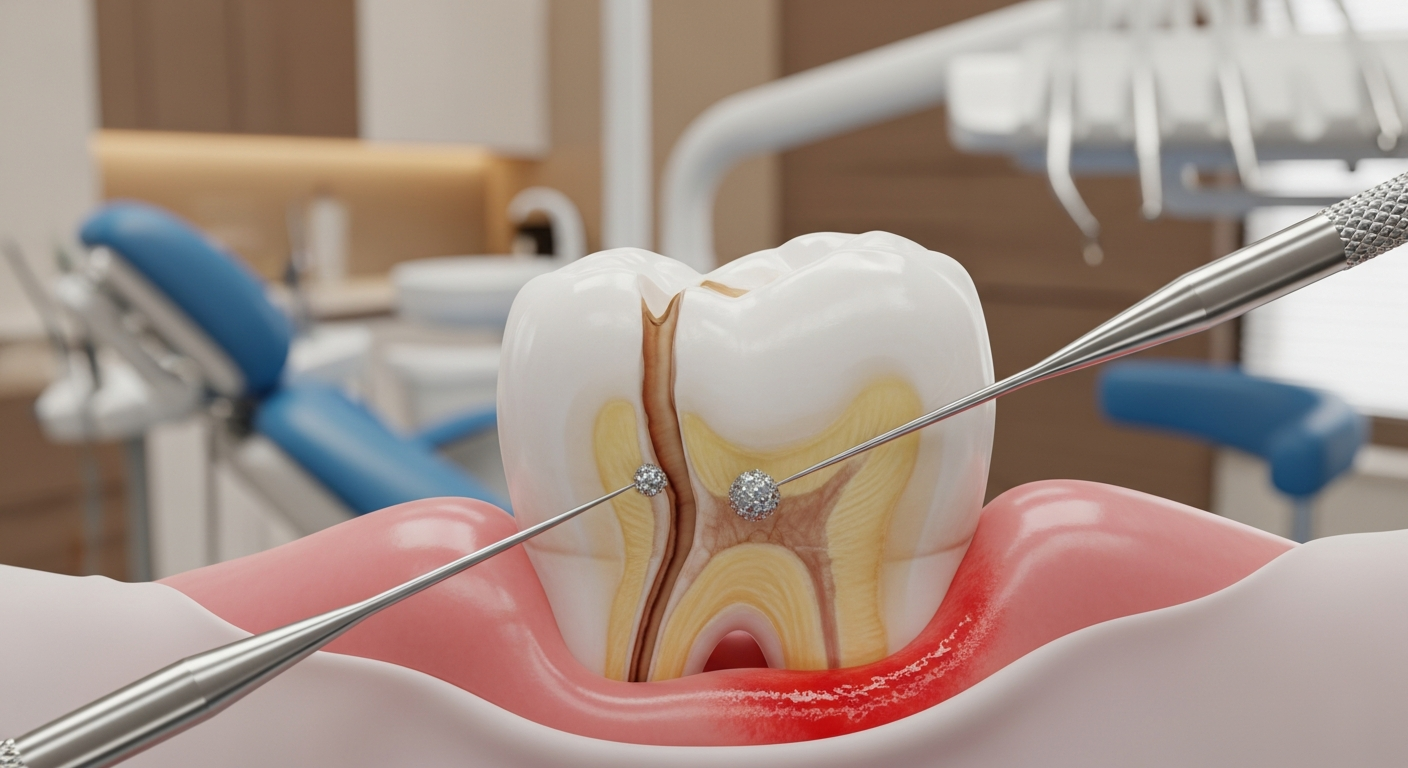




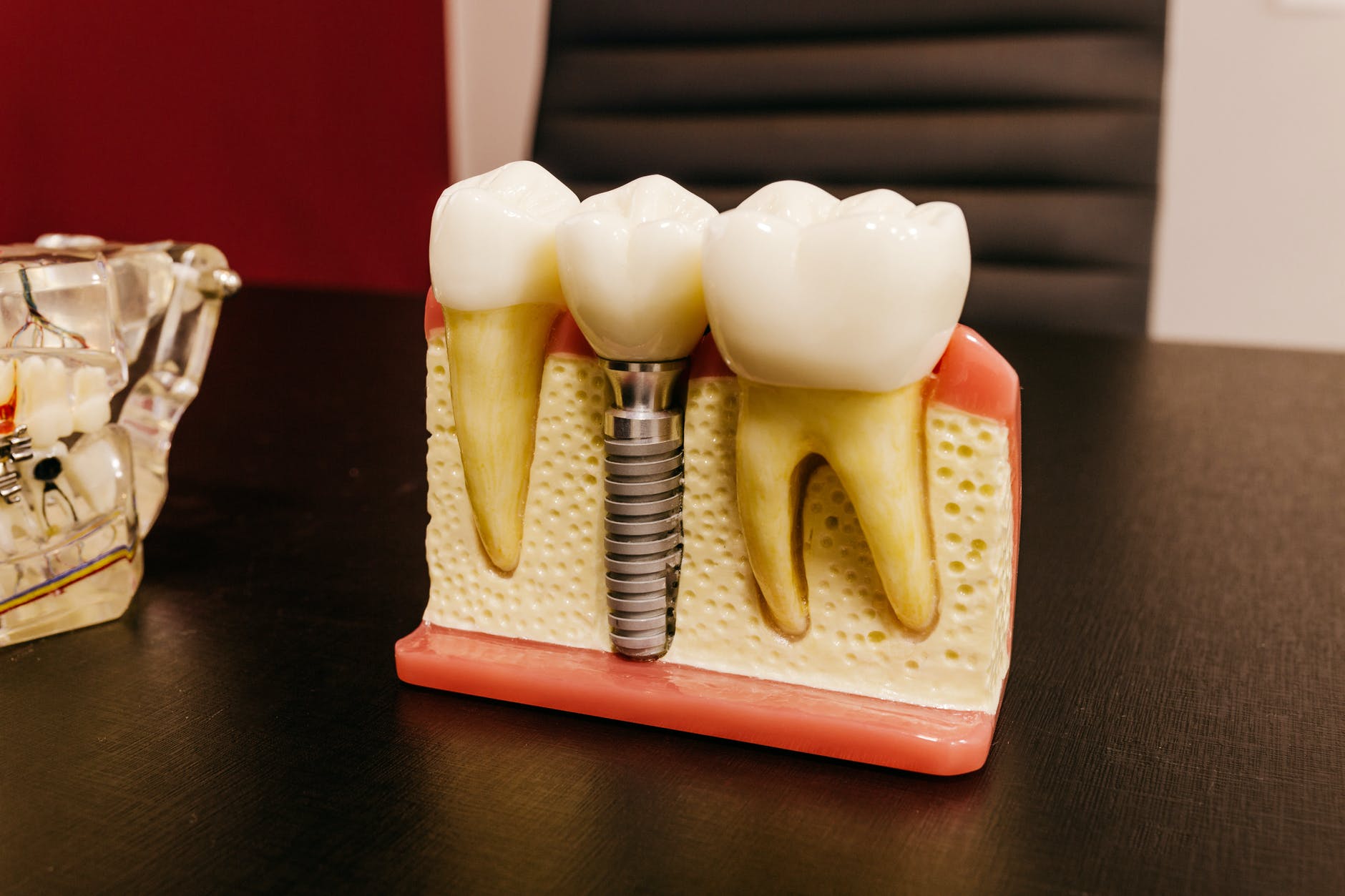


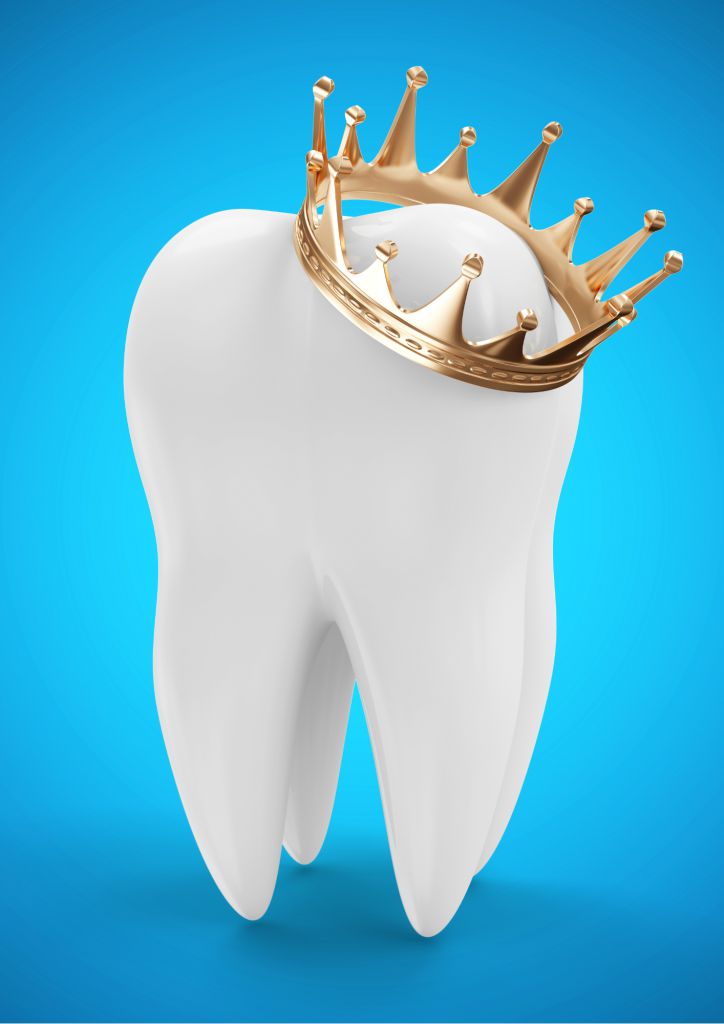



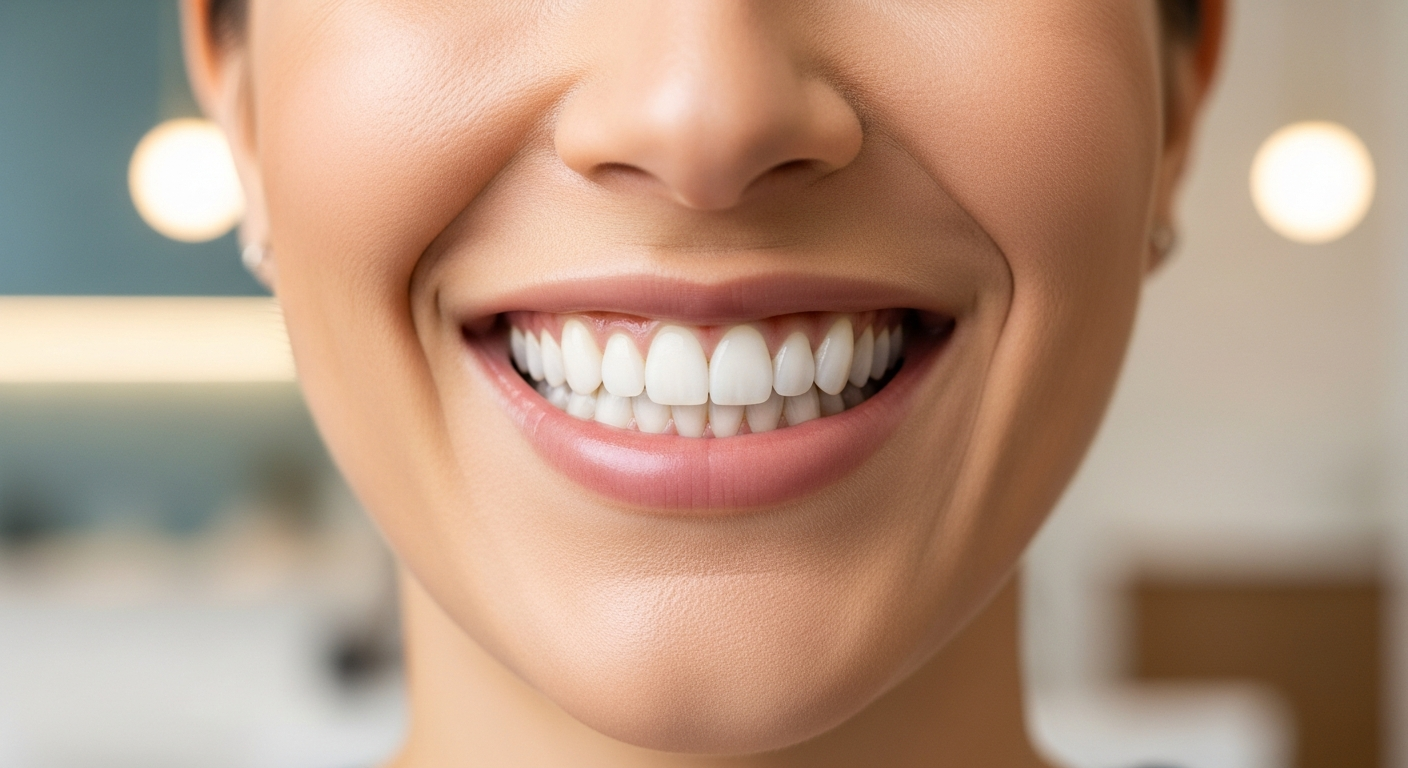



.avif)


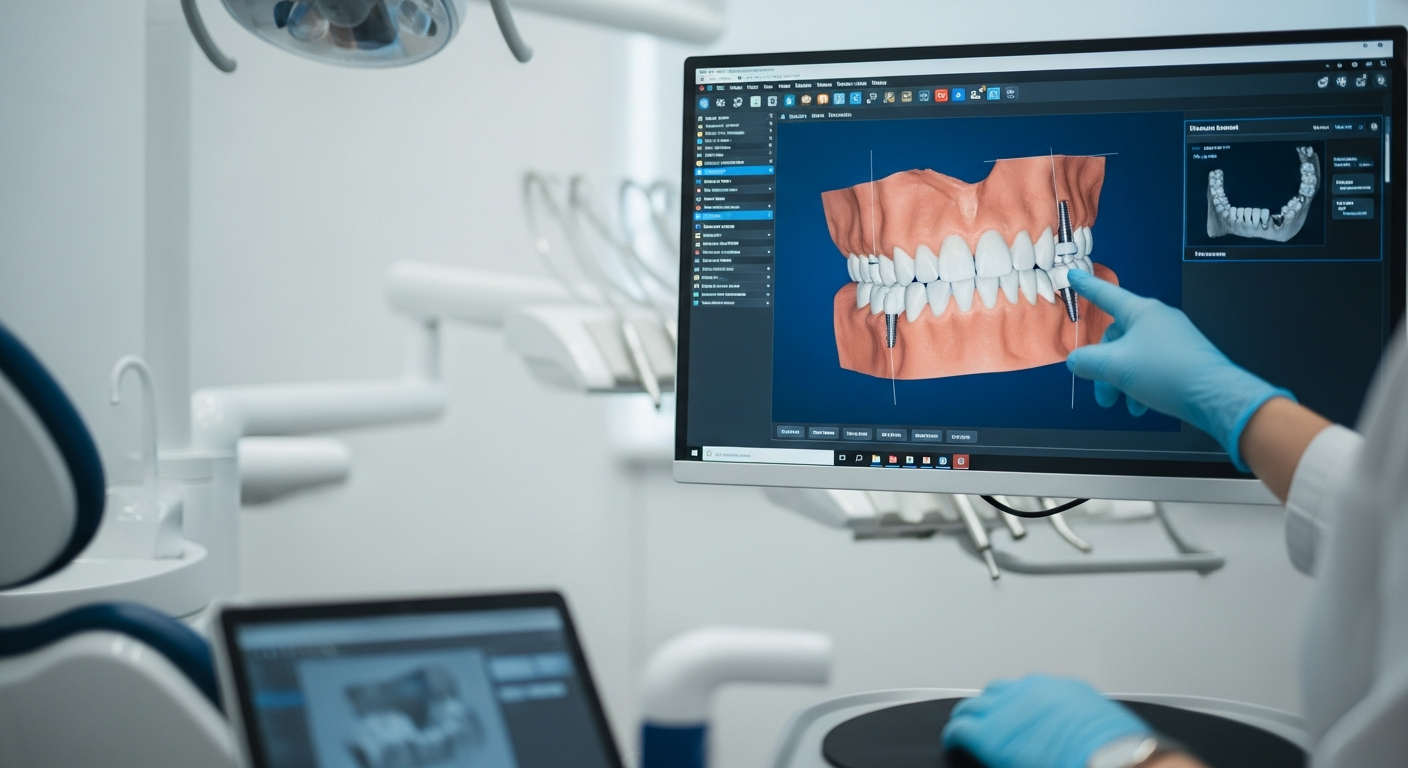

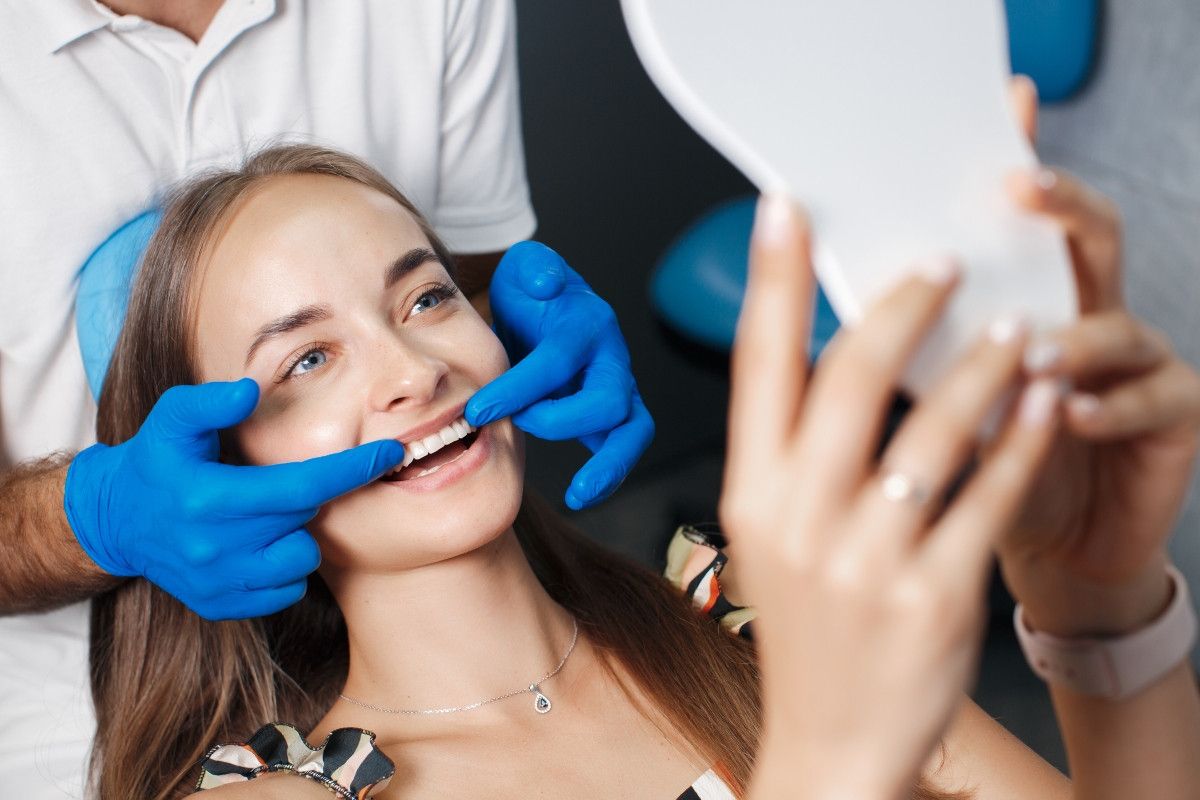

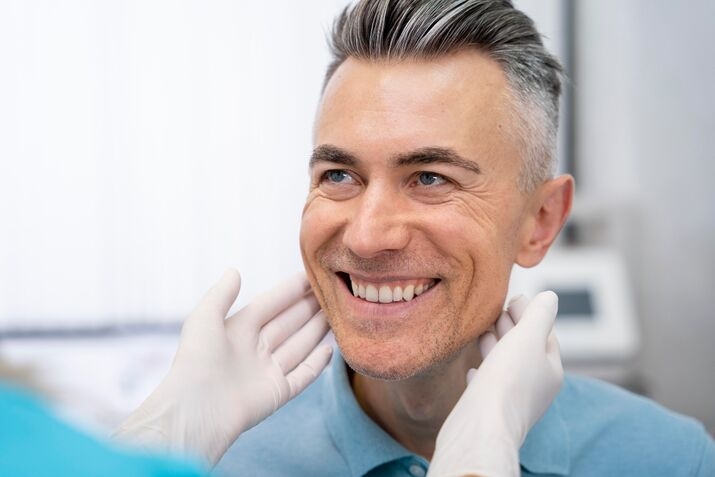
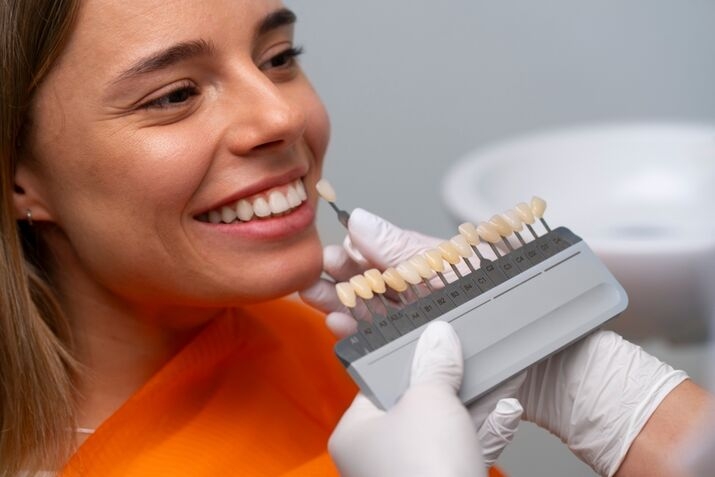
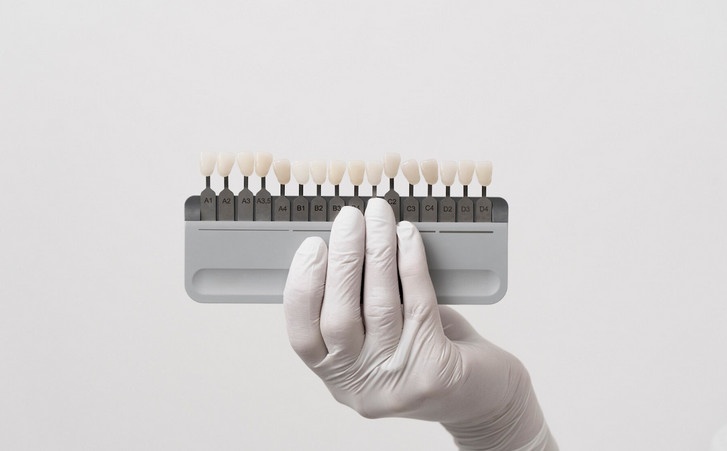

.jpg)


















.avif)


















.jpg)



